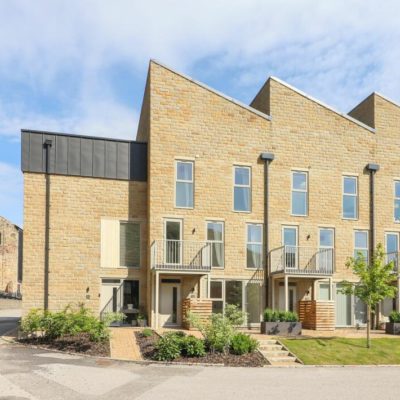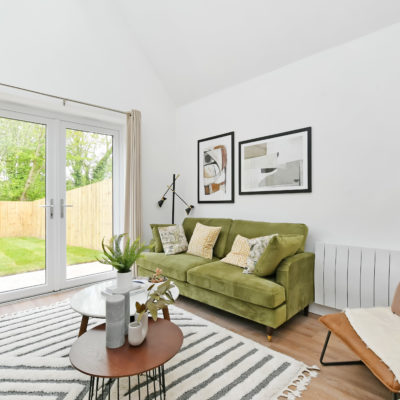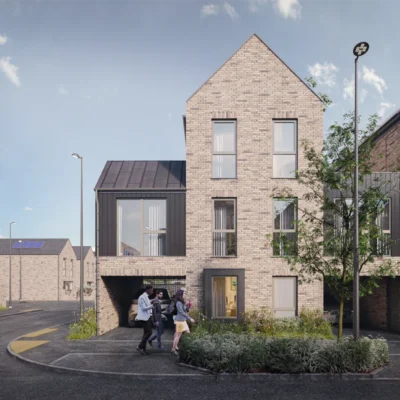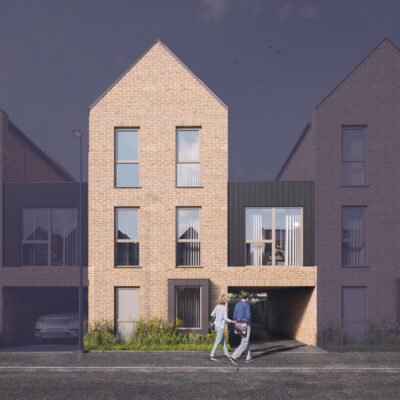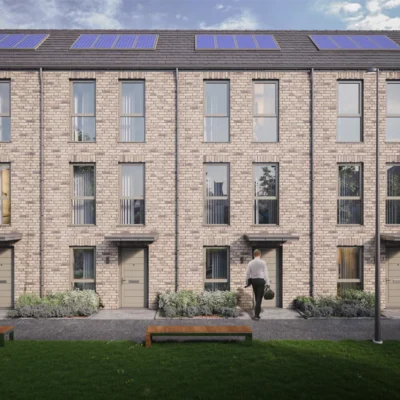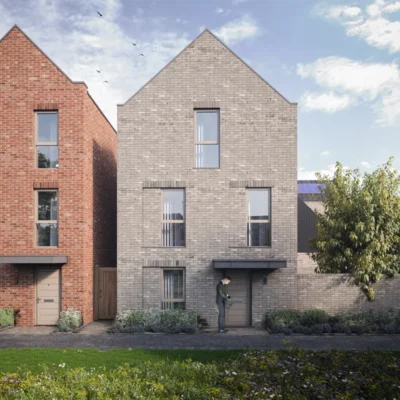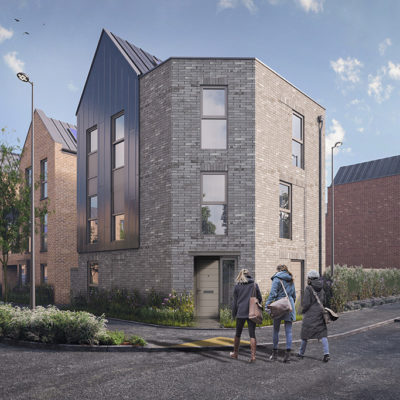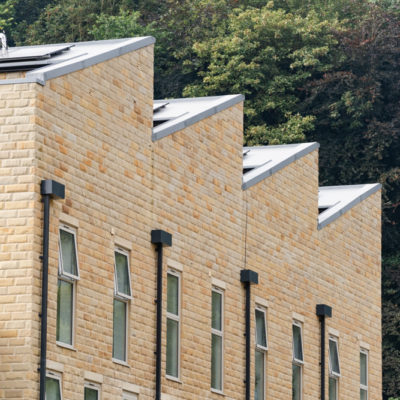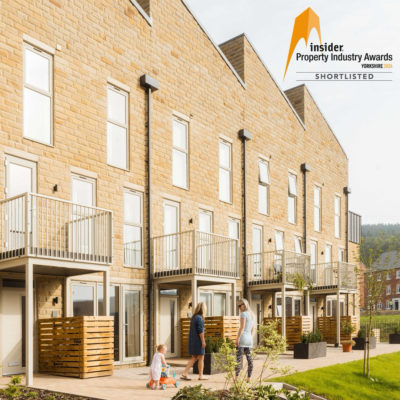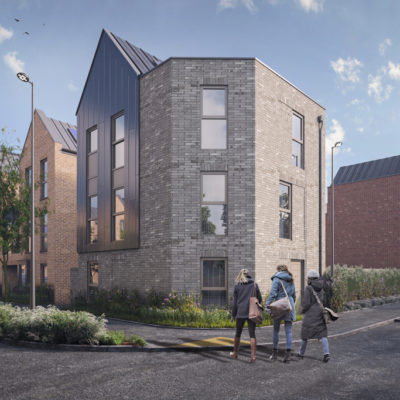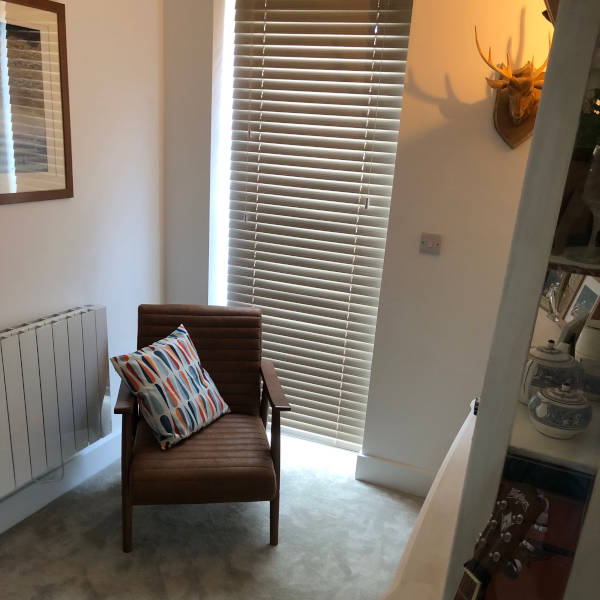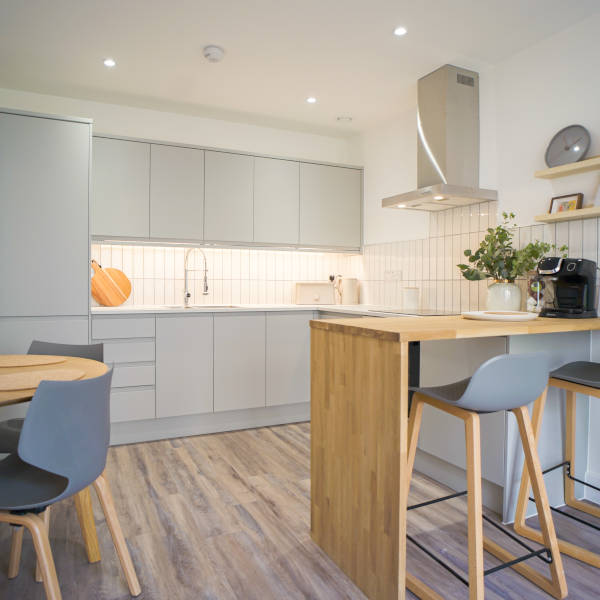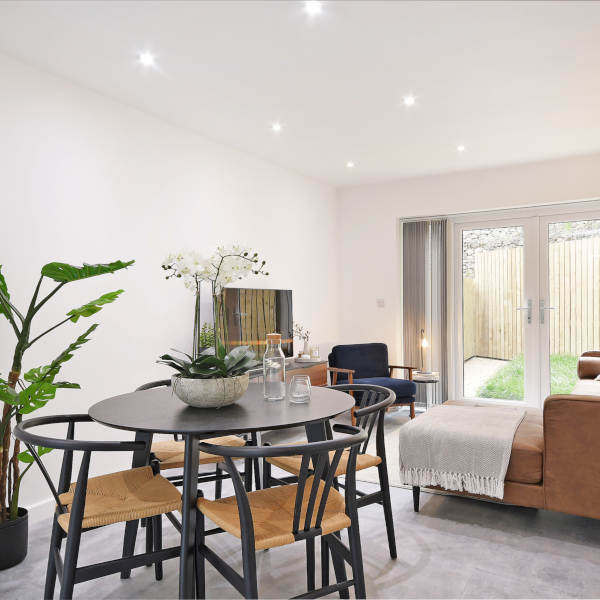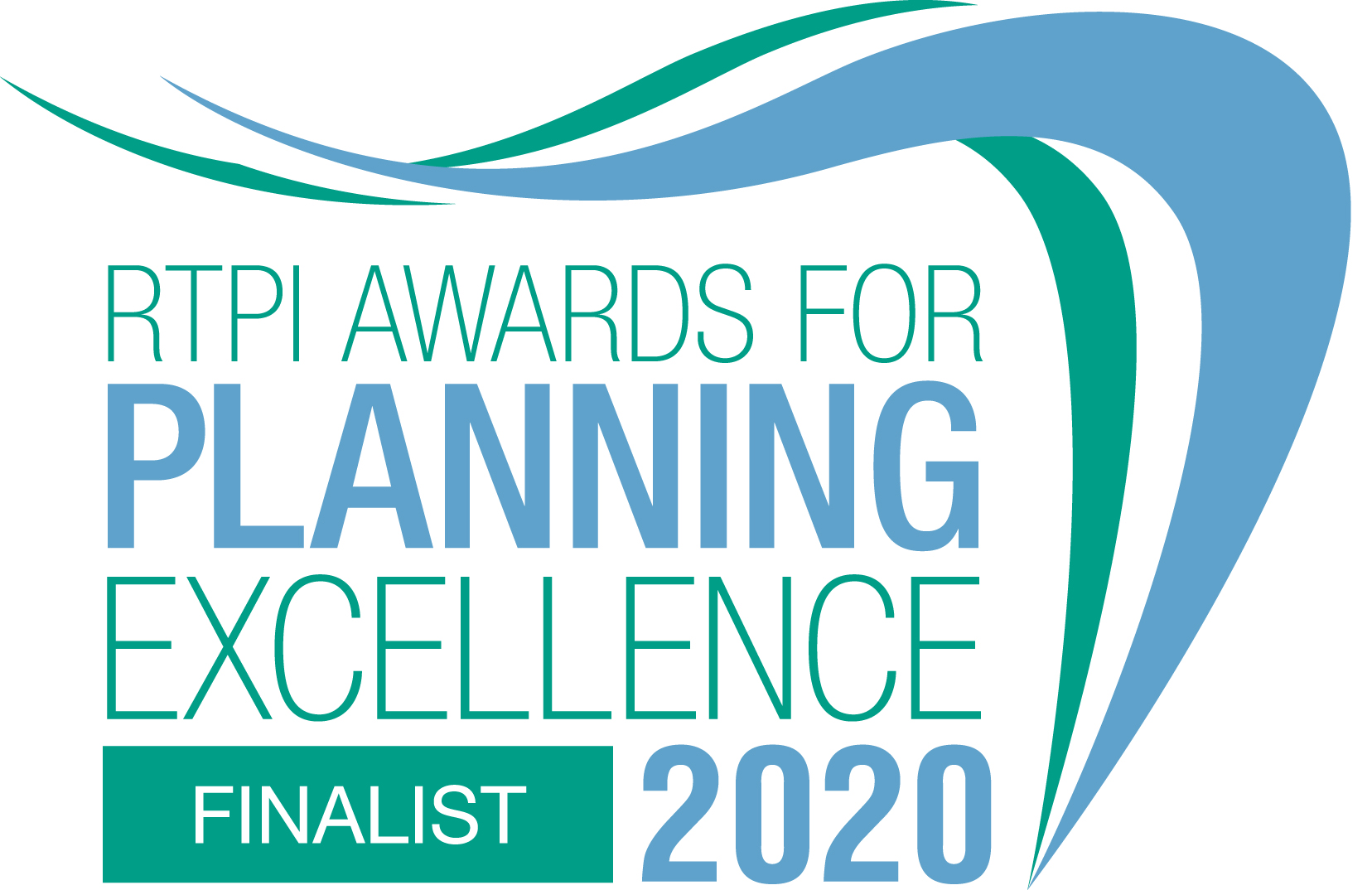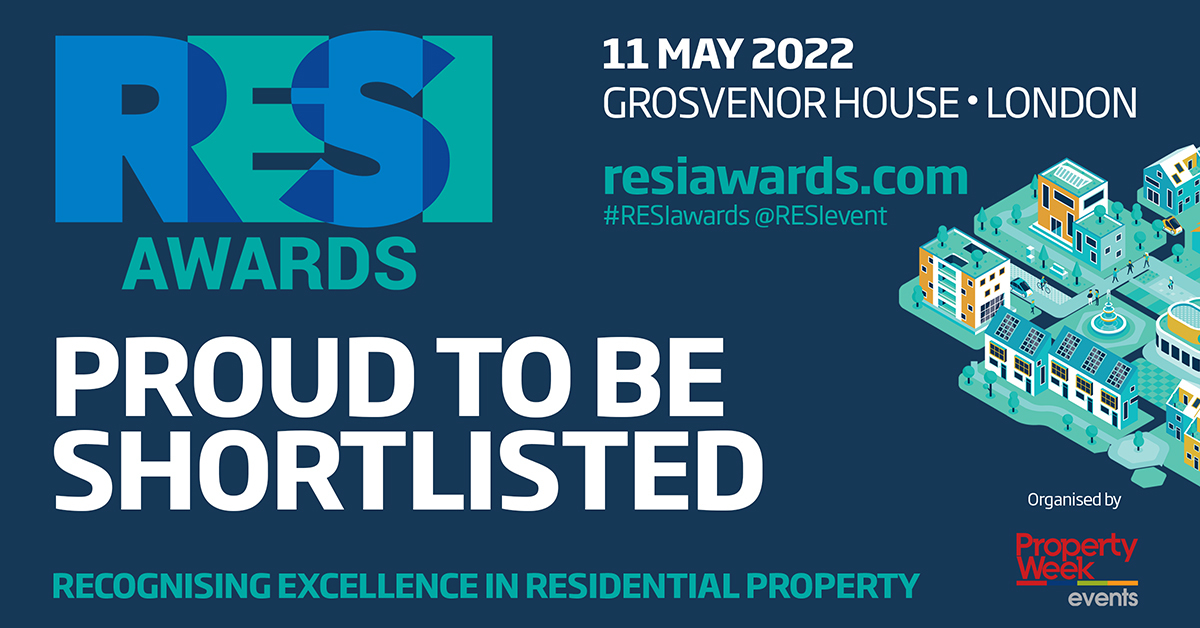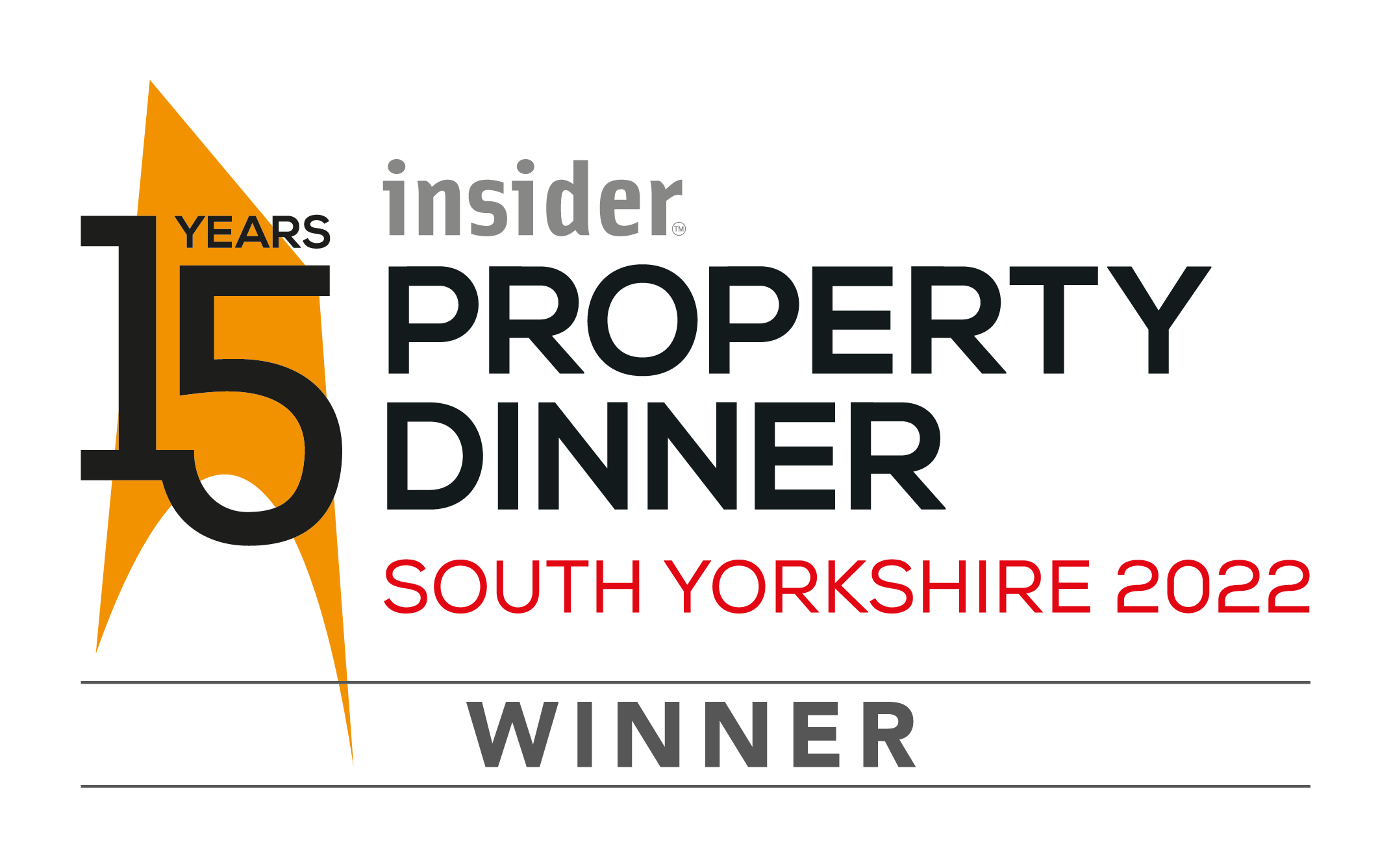thinking about moving?
Find a homewant to see more?
Get in touchhome builders, place makers,
creators of community.
At Sky House, we believe that homes should do more than shelter—they should inspire, connect, and respect the environment. Our naturally sustainable homes blend modern design with durability, creating vibrant neighborhoods where people can thrive. Each Sky House home is crafted with care, prioritising sustainable materials and innovative, eco-friendly technology. We’re not just building homes; we’re shaping spaces where community, nature, and architecture come together beautifully.
Our mission
Our neighbourhoods
energy efficient homes
that don't cost the earth.

Let's Help You Move
Whether you’re buying your first home or transitioning from an existing one, we’re here to make every step easier. With tailored support options and exclusive offers, we aim to simplify the process so you can focus on the excitement of your new Sky House.
